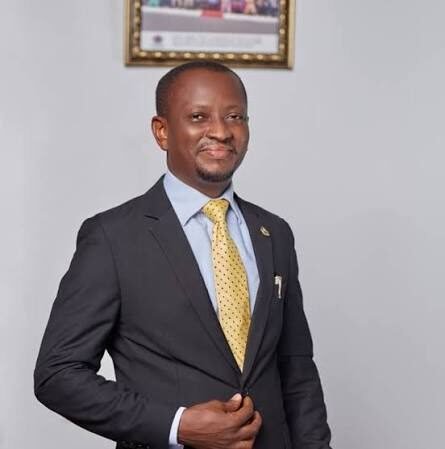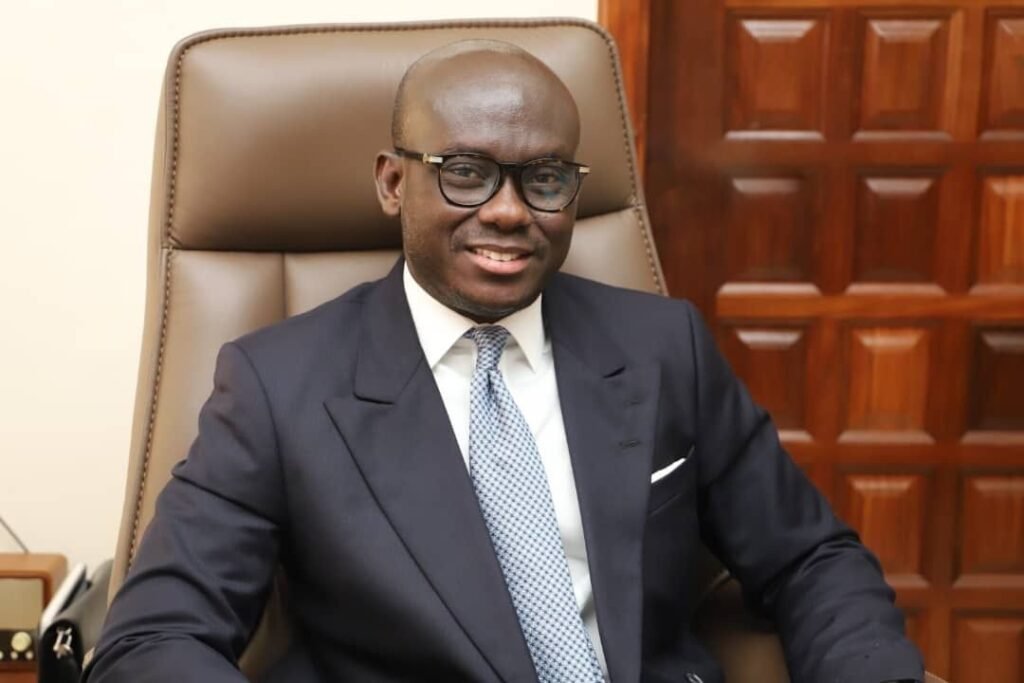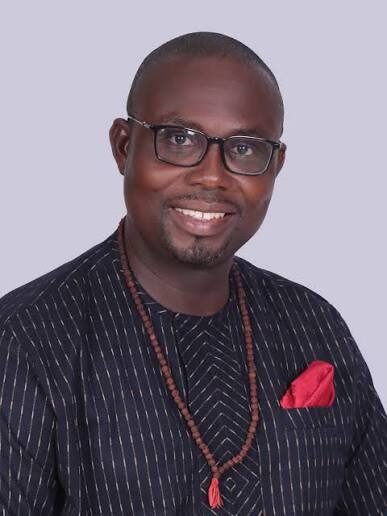In a groundbreaking step toward faith-based inclusivity, the Center for Religion and Public Life, Ghana (CRPL-GH) hosted a four-day training event in Keta from March 16–19, 2025, under the theme “Training of Dialogue and Bible Studies Facilitators.” The program brought together 28 participants from the LGBTQ+ community, equipping them with tools to lead inclusive Bible studies and foster open dialogue within faith spaces.
The training aimed to bridge the often contentious gap between religious beliefs and sexuality—an especially pressing issue in Ghana. Through theological exploration and hermeneutical skill-building, participants engaged in deep discussions on compassion, justice, and empathy. The ultimate goal: to empower church facilitators to challenge exclusion and promote understanding within their congregations.
Interactive workshops formed the heart of the event, highlighting Christ’s radical love and the call for churches to embrace all individuals—regardless of sexual orientation, gender identity, or background. Facilitators underscored the principle that “every human reflects the Divine,” denouncing all forms of discrimination—be it based on ethnicity, gender, or sexuality—as both unjust and sinful.
Anchored in both African and Christian traditions, the training leaned on the moral imperative of Genesis 4:9: “Am I my brother’s keeper?” In African culture, community is not optional—it is a lifeline. Participants were challenged to extend this ethic of care and responsibility to marginalized groups, including the LGBTQ+ community.
“This is more than spiritual,” said one facilitator and CRPL-GH’s Director of Programs, Projects, and Operations. “The church must be a divine force against injustice, including homophobia. That’s how it stays relevant in today’s world.”
By the end of the program, participants left Keta inspired and equipped to lead inclusive Bible studies and foster healing conversations in their communities. As Ghana continues to grapple with the intersection of faith and identity, this training marks a pivotal step toward a more just and inclusive church.



